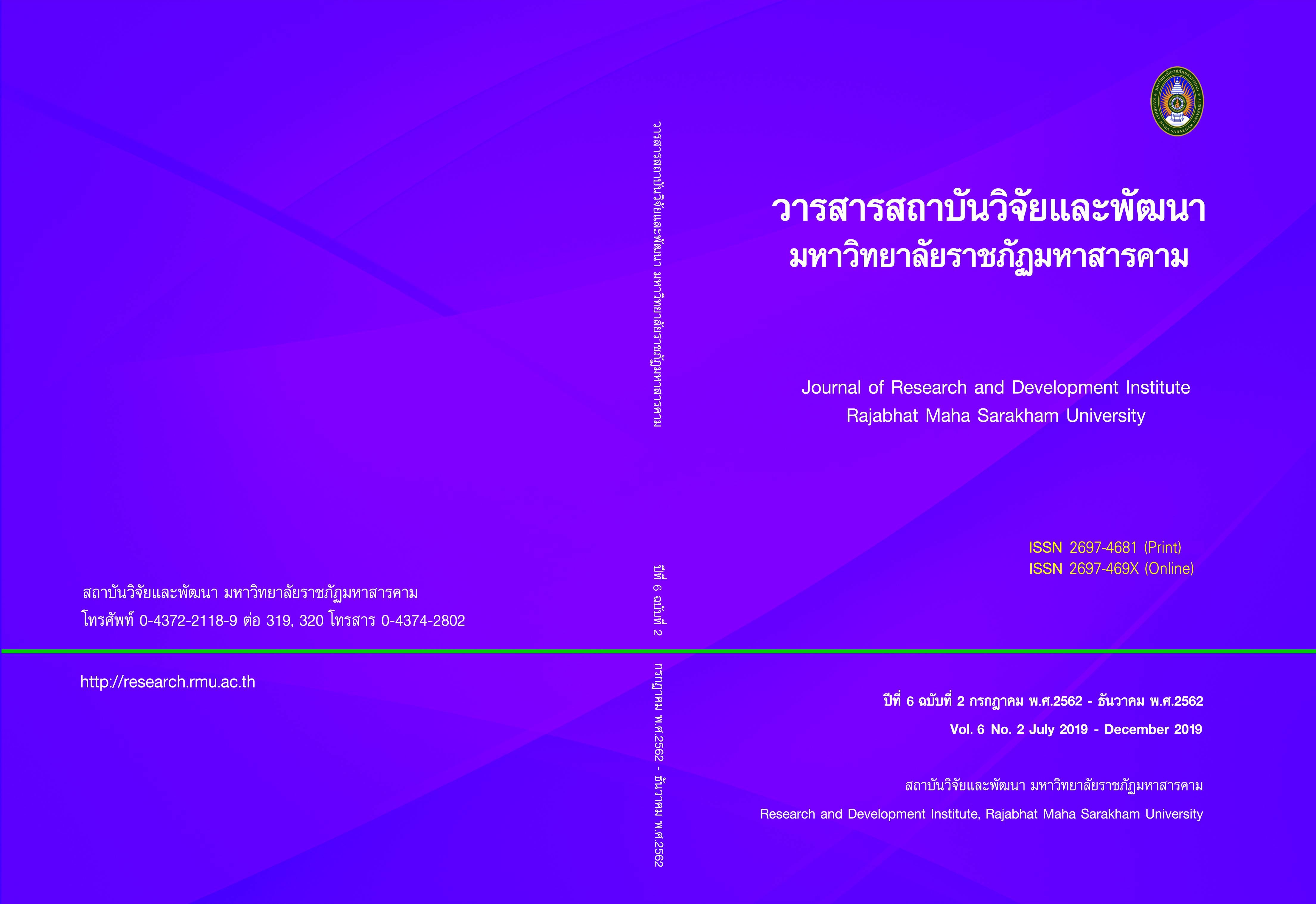Political Corruption: History and Solution
Keywords:
Political Corruption, History, SolutionAbstract
The article named “Political Corruption: History and Solution” proposes to demonstrate the solution and adjustment.
Most importantly, the major factor of a form of corruption appears the corrupt has the misuse of entrusted power for private gain. By doing this, it is essential that a mean of dealing with corruption is building a new political culture along with emphasizing an education including Formal and Non-Formal Education.
As for the solution, it could be designed in various ways relying on political issues, regulation, economy and society. A completed setting of political system, firstly, should be verified and efficient counterbalance. Furthermore, potential and moral politicians would be elected for political system. Thirdly, the use of political authority must be monitored and verified effectively.
In the same manner, a problem solving of corruption on politics should be proceeded in align with the term of economy and society. First of all, good governance must be applied for business company. In private sector, the business process should take into account for social gap and people inequality excessively as a second concern. Following this, it is necessary that Patronage System should be derogated. As a final point, to attach greater importance to honesty, social responsibility and ethics than exploitation and materialism.
References
Aristotle, Politics, trans. (1948). B. Jowett London, Oxford University Press.
Bayley, David H. (1966). The Effects Corruption in a Developing Nation. Western Political Quarterly 19 (4, 1966).
Black Law Dictionary. (1979). St.Paul Minn : west Publishing Co.
Buhler, G (tr.). (1886). The Laws of Manu. Vols i-viix (London, Oxford University Press).
Encyclopaedia Britannica. (1969). Retrieved June 3, 2019, from http://www.britannica.com
Fairbank,John K., Edwin O. Reischauer and Albert M. Craig. (1973). East Asia Tradition and Transformation. Boston,Hougton Miffin.
Gunnar, Myrdal. (1968). “The Folklore of Corruption”. The Asian Magazine. l8 (24) : June 16, 1968.
Heidenheimer,Arnold J. (1970). Political Corruption ; Readings in Comparative Analysis. New York, Holt Rinehart and Winston Inc.
Johnson,O.E.G. (1975). “An Economic Analysis of Corrup Government, with Special Application to Less Developed Countries”. KyKlos. 28 : p. 1.
Kraiwichian, T. (1967). Law and corruption. Memorial in the cremation ceremony Mr. Chanai Ratnodom. Phra Nakhon: Prime Minister Printing Office.
McMullen, M. (1961). A Theory of Corruption. The Sociological Review IX.
Phongphaew, P. (2000). Thai corruption index: Creation and validation of trust. Bangkok: Office of the NACC.
Phongphaijit, P. (n.d.). Corruption and democracy in Thailand: city eating and gift checks. Duplicate bookbinding documents (n.d.).
Rodee, Carlton Clymer. (1983). Introduction to Political Science. Asian Student Edition First Impression Printed By Khai Wah Litho Pte. Ltd.
Roy, Edward van. (1970). “ On the Theory of Corruption”. Economic Development and Cultural Chang. 19 (1) : October.
Sawatsri, S. (1975). Declaration of new feelings. Bangkok: Kamol Duang.
American Political Science Review. 63 (4) : 1969.
Serirangsan, T. (2010). Thai politicians: ethics, conflicts of interest Corruption, problems, causes, impacts, solutions. 2nd edition. Bangkok: October Printing Office.
Swann, Nancy L. (1950). Food and Money in Ancient China. Princeton University Press,Princeton.
Wonghanchao, W. (1973). Conflict analysis and corruption study. Journal of Social Sciences. 10 (1), p. 44-45.
Wraith,Ronald and Simkins,Edgar. (1963). Corruption in the Developing Countries. London : George Allen and Unwin Ltd.
Downloads
Published
How to Cite
Issue
Section
License
Articles that are published are copyrighted by the authors of the articles







